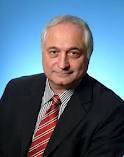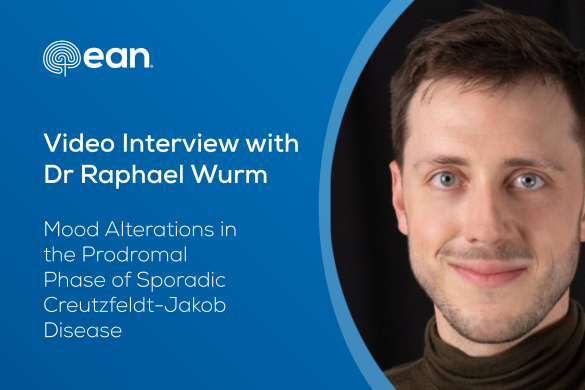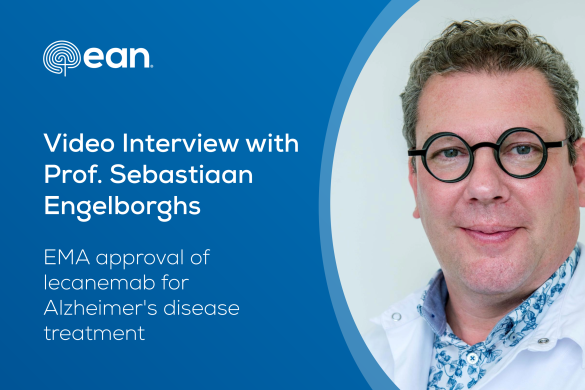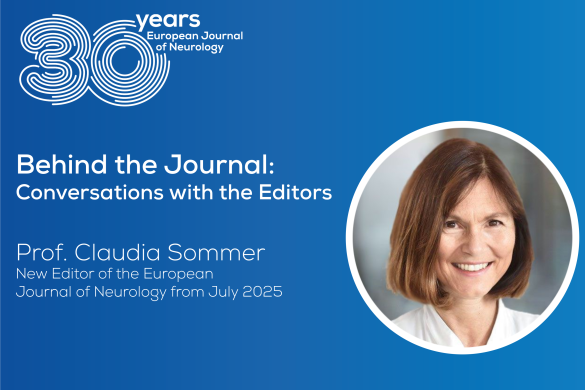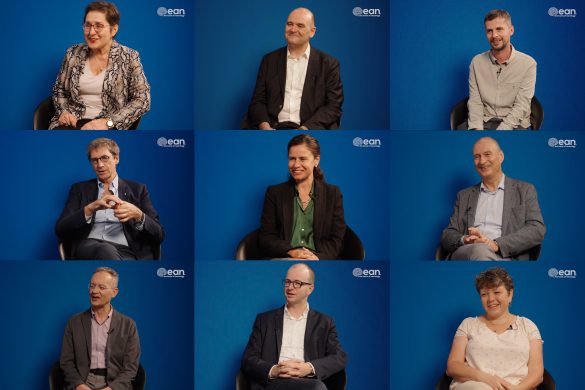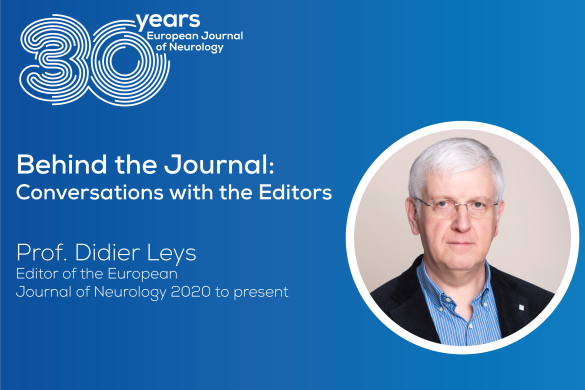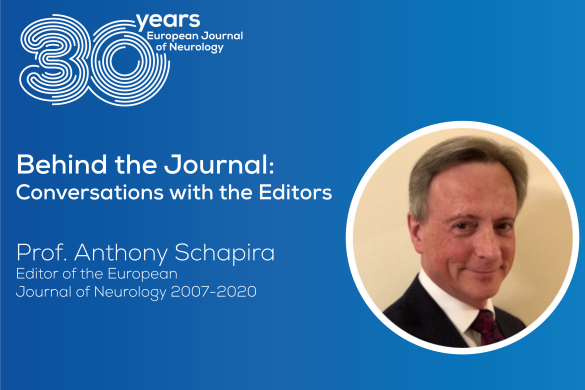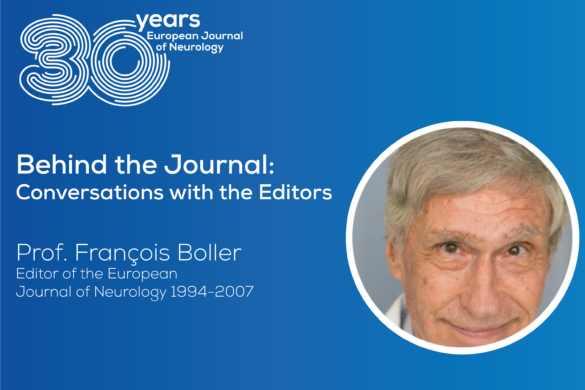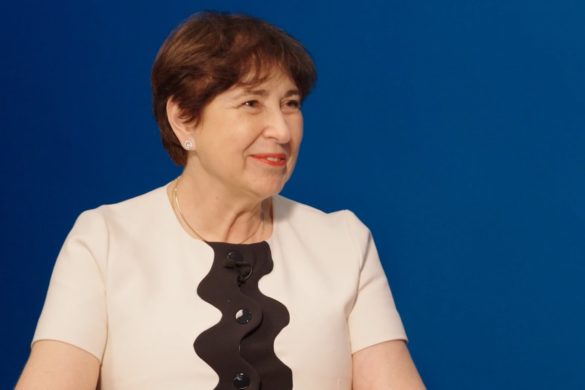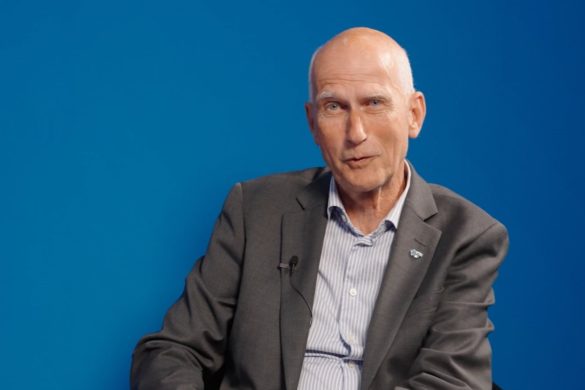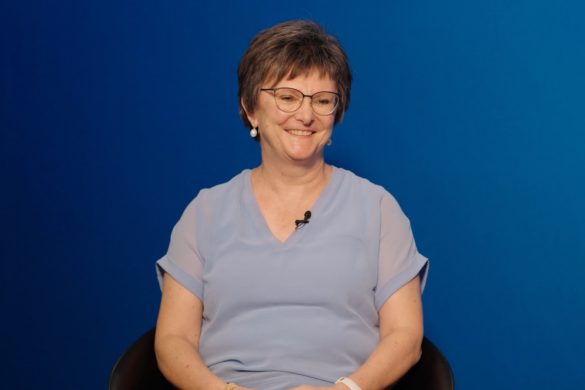Murat Emre is Professor at the Medical School, University of Istanbul, Turkey and Treasurer of The Movement Disorders Society European Section
(Gian Luigi Lenzi) Please, explain your role in the Disease-Specific Professional Society (DSPS) as well as in the EFNS. How many years have you occupied this role?
(Murat Emre) I am a member of the International Executive Committee of the Movement Disorder Society and the Treasurer of Movement Disorder Society’s European Section. I have served on the Congress Programee Committee of the EFNS for 4 years, served on EFNS Dementia Working Group and Task Force. Currently I am member of the Liason Committee.
(GLL) In your opinion, in general and didactic terms, what is the cultural role of a Disease-Specific Professional Society in respect to the “general” Neurology?
(ME) The role of a DSPS is more focused. The objective is to extend the knowledge in a specific field, to attract the attention of young collegues to that field and provide training to those who need it.
(GLL) In your opinion, what is the cultural role of a DSPS Congress and its Teaching Courses in respect to the EFNS Congress and it’s Teaching Courses?
(ME) The DSPS Congress and Teaching Courses are more specific: in a way they have a more narrow surface but more depth. EFNS, as a Federation serving the entire field of Nerology can not and should not be focused to one certain field, rather it should offer a broad spectrum of updating and teaching opportunities.
(GLL) In your experience, are the neurologists attending the DSPS Congress the same (or not), of those attending the EFNS Congress? If there is a difference, could you specify?
(ME) There is an overlap. There are many general neurologists who appreciate attending general congresses and having the opportunity to be updates in all main topics in Neurology. At times some of them may like to have a more in depth exposure to hwta is happening in a specific filed and thus attend a more focused meeting. On the other hand there are highly specialized collegues who would not be interested in general meetings.
(GLL) Do you regard inconvenient or advantageous that relevant data presented at a DSPS Congress be presented also ( i.e. twice ) at the EFNS Congress few months later?
(ME) I do not think that this is a disadvantage. Many attendees of an EFNS Congress may not have attended that year’s DSPS Meeting.In addition there are many parallel sessions both at the DSPS and EFNS meeting; not everyone will have the opportunity to attend all sessions at any given meeting.
(GLL) How do you consider a potential competition for financial support between EFNS and DSPSS?
(ME) This may become an issue as funds become more scarce, the conflict may be solved to some extent if the programmes would beocme complementary rather than competitive.
(GLL) Do you have any opinion or concern regarding the relationships between EFNS identified as a “general neurology” and your DSPS? May a closer collaboration be fruitful for both?
(ME) I have no concerns at all: there is room for both type of Socities and they serve different purposes. They can perfectly co-operarte and help each other to achieve their objectives. There have been several excellent examples, the collaboration between MDS and EFNS since the beginnings has been one of them.
(GLL) Many thanks for your time!

